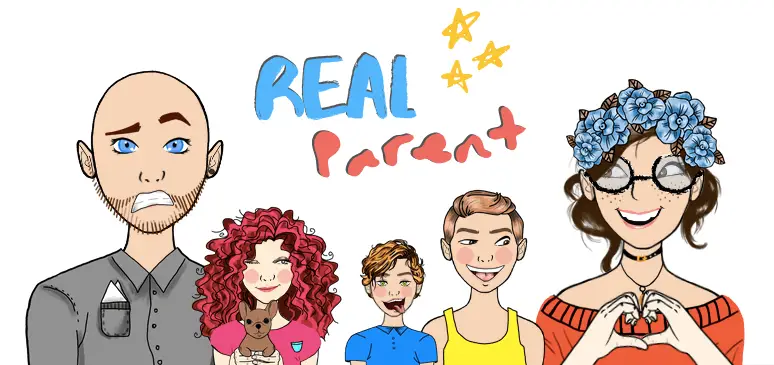If your child has been misdiagnosed, then it is your job as a parent to support them. Let’s look at how you advocate for a second opinion and beat a misdiagnosis.
When your child gets a serious diagnosis, it can be a life-changing event. However, not all diagnoses provide a sense of relief and understanding, as sadly some are misdiagnosed and need to be challenged.
Overcoming a misdiagnosis and seeking a second opinion can be a daunting task. To pursue a different judgment and explore the possibility of medical negligence compensation in Bristol or other locations in the UK, thorough research and constructing a strong case are essential. Let’s examine the steps involved in challenging your diagnosis.
1. Gather Information
The first thing you need to do is extensively research your child’s medical condition. Knowledge is power, and if you want to prove a misdiagnosis, then you need the evidence and resources to make a claim.
You need to understand the signs and symptoms of the condition to be able to say the diagnosis is incorrect. Look at possible diagnoses based on the symptoms and treatment options. You can use this information to point out that the diagnosis you’ve been given isn’t necessarily correct, and if the treatment they’ve recommended is going to help.
2. Speak to Multiple Professionals

If you’re not happy with a diagnosis, then you need as many reputable medical opinions as possible that support your claim of misdiagnosis. You will want to talk to multiple professionals in the medical world to get a second, third or even fourth opinion.
If a lot of people disagree with the diagnosis and are prepared to testify to that or sign a document, that helps your claim in a big way. After all, these are qualified professionals – when half a dozen of them disagree with a diagnosis, it speaks volumes about the legitimacy of the original doctor.
3. Keep Detailed Records
If you want to be able to prove a misdiagnosis, then keeping detailed records about your child can help with this. If they show symptoms not consistent with the diagnosis or have done in the past, that’s evidence something isn’t adding up.
It is sensible to keep records of their medical history, treatment, and daily life. If there’s a symptom that doesn’t match the diagnosis, make a note of it, and be detailed. These observations can form the basis of a claim.
4. Ask Lots of Questions
Asking a lot of questions is vital to a valid claim for misdiagnosis because you can spot issues with the diagnosis or collect vital information about the condition. You should ask plenty of questions about the treatment plan, test results, and anything else relevant.
These questions can help you get information for research purposes, or even give context if you put that same question to a different professional. It’s important to know what to ask and how to ask, but that comes with time and experience.
5. Express Concerns
You should always try and share your concerns about your child’s health and diagnosis with healthcare professionals. It opens the door for proper conversations about the diagnosis, symptoms and tests.
Healthcare professionals will do their best to make sure you know what’s going on and that you’re reassured by their work. Expressing concerns can be a good way to challenge a diagnosis.
6. Request More Testing

If you’re not happy with the quality of investigative work that’s been carried out, then you can request more testing. Most professionals will oblige you if there is cause to do so.
These tests can often dig up new findings and symptoms which can either strengthen or weaken a diagnosis. Your best bet will usually be to request more testing once you have an understanding of what the condition might be. Hopefully, you’ll be looking for something specific at that point.
7. Connect With Support Groups
Taking the time to connect with support groups can be an excellent way to find friends and new information. There might be other parents going through a similar situation to you, in which case you can work together.
Most support groups are based around specific conditions, and there will be other parents with misdiagnosed children. They usually share information and resources to help each other, so it’s a good idea to get to know them.
Challenging a Misdiagnosis
Challenging a misdiagnosis is often a long and complicated process. The majority of medical professionals will push back against your claim of misdiagnosis, as you are not a trained professional.
However, if you do your research and collect information about your possible diagnosis, then you can challenge it. If you have enough evidence and opinions from reputable professionals, most healthcare providers will have no choice but to check again.
Disclaimer
The information contained within this article is meant for advice only. Please seek the opinion of a medical and legal professional if you want to challenge a diagnosis or file for medical negligence.
Last Updated on August 5, 2023 by Lucy Clarke






